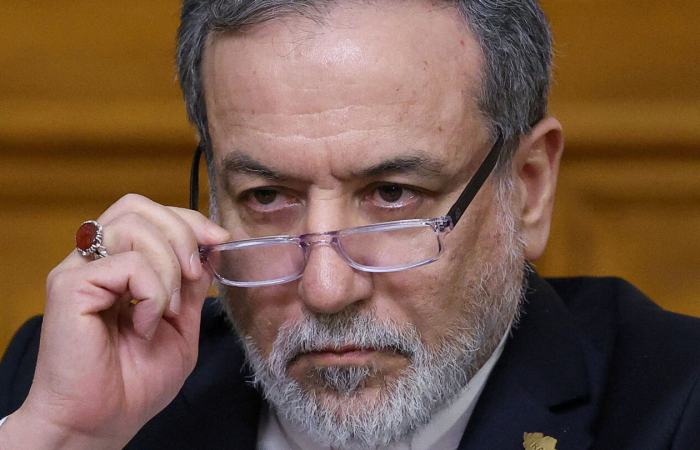Важно, чтобы Армения и Азербайджан продолжили переговоры в рамках Минской группы ОБСЕ и нашли мирное решение конфликта. Как страна-сопредседатель Минской группы США продолжат усилия для нахождения такого решения. Об этом 10 сентября в Баку заявил посол США в Азербайджане Ричард Морнингстар.
При этом он подчеркнул, что не верит в вероятность новой войны между Арменией и Азербайджаном за Нагорный Карабах. "Надеюсь, что мирный процесс по урегулированию нагорно-карабахского конфликта продолжится, несмотря на обострение ситуации в регионе в последние недели",- заявил посол.
Морнингстар также отметил, что полностью поддерживает позицию Госдепартамента США и Белого дома относительно дела Рамиля Сафарова.
"Помилование не способствует снижению напряженности в регионе, а напротив, создает препятствие для налаживания контактов", - резюмировал посол.
Напомним, что 31 августа венгерские власти экстрадировали азербайджанского убийцы Рамиля Сафарова на родину, где он был помилован президентом Азербайджана, более того, он был повышен в звании и чуть ли не объявлен национальным героем. В связи с экстрадицией Сафарова Армения приостановила дипломатические отношения и все официальные связи с Венгрией. 19 февраля 2004 года лейтенант армянской армии Гурген Маргарян, в спящем состоянии был зверски зарублен топором азербайджанским офицером Рамилем Сафаровым. 13 апреля 2006 года суд первой инстанции Будапешта приговорил Сафарова к пожизненному заключению без права на помилование в течение 30 лет.






